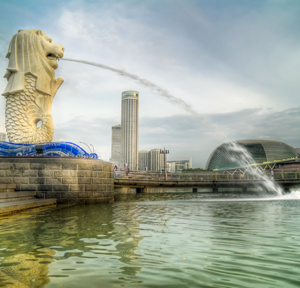MAS to regulate Bitcoin
Chris Hamblin, Clearview Publishing, Editor, London, 31 March 2014

The Monetary Authority of Singapore intends to regulate virtual currency intermediaries within its territory to mitigate money-laundering and terrorist-financing risks.
The Monetary Authority of Singapore intends to regulate virtual currency intermediaries in the jurisdiction to mitigate money-laundering and terrorist-financing risks. Virtual currency transactions, given their anonymous nature, are particularly vulnerable to these, so MAS is to require virtual currency intermediaries – such as Mount Gox, the exchange that mysteriously crashed last month – that buy, sell or facilitate the exchange of virtual currencies for real currencies to verify the identities of their customers and report suspicious transactions to the Suspicious Transaction Reporting Office. The requirements will be similar to those imposed on money-changers and remittance businesses (known in the UK and US as money service businesses or MSBs) that undertake cash transactions.
This is the first time that Singapore, in common with most jurisdictions, has done anything to regulate virtual currencies as such, as its laws do not consider them as securities or legal tender. This round of regulation is aimed at financial crime reporting only and does not extend to the safety and soundness of virtual currency intermediaries nor the smooth functioning of virtual currency transactions, most of which take about ten minutes to complete. Investors in virtual currencies will not have the safeguards that investors in securities enjoy under the Securities and Futures Act and the Financial Advisors Act.
The MAS has been cautioning consumers and businesses of the significant risks associated with virtual currency transactions since June, when the currency first stepped into mainstream consciousness all over the world.












